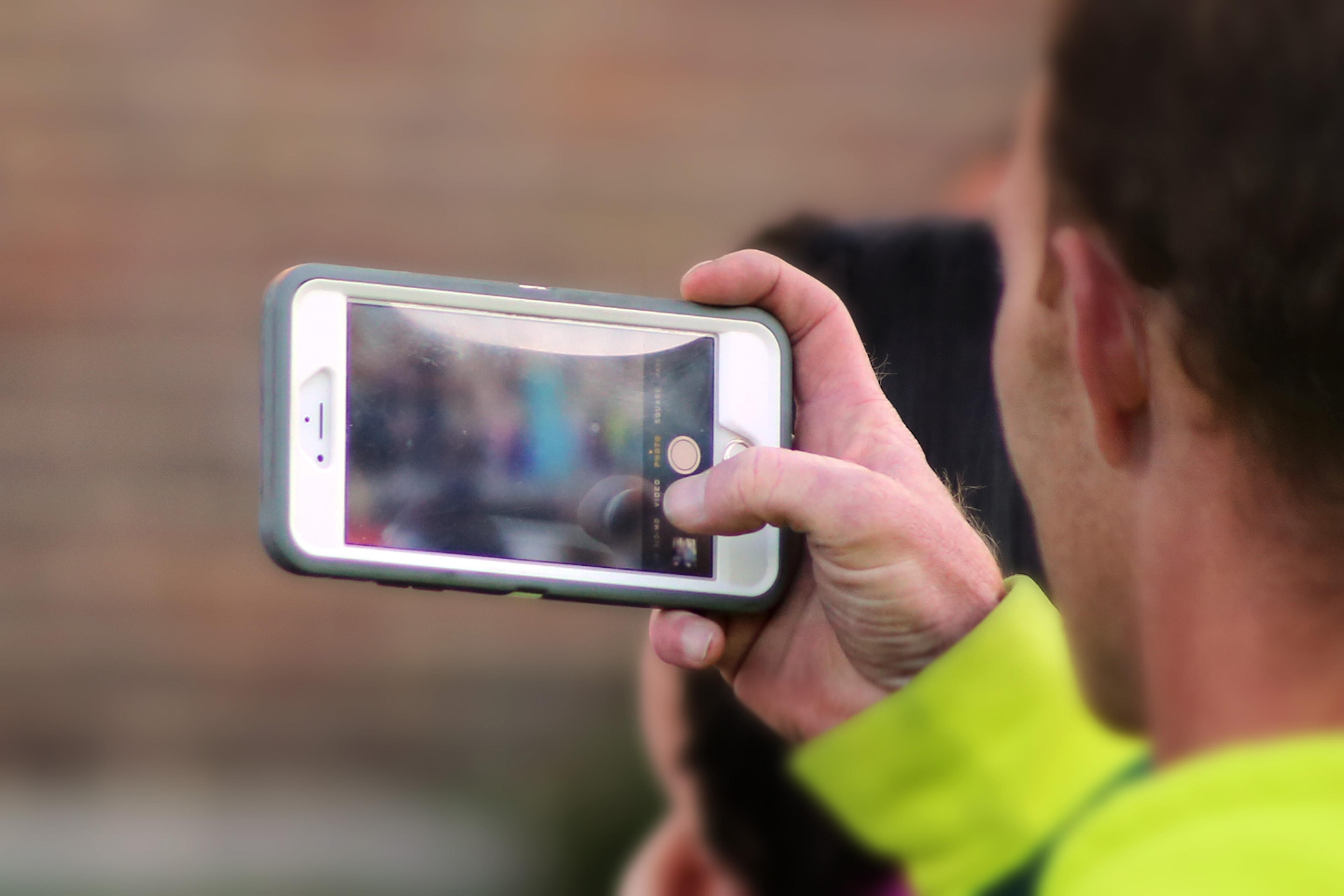I made my return to Yes! Magazine with an article on how to protect activists when you’re covering protests or uprisings. It’s basically harm reduction for gonzo journalists, and I got to interview some of my favorite movement journos for the piece.
Often working with just their phones, community journalists can shine light on movements, expose police brutality, and help protect activists from getting “disappeared” by an authoritarian government. At the same time, the wrong tweet—or especially livestream—can leave people in the street exposed to increased police surveillance.
From “snatch and grab” arrests in unmarked vans, to raids on the homes of perceived organizers, activists have good reason to be concerned. From Portland, Oregon, to Philadelphia, law enforcement acknowledge using livestreams and other social media to gather evidence.
As activists begin to face serious charges from the most recent wave of protests, there’s also more attention on the risks posed by inexperienced or unethical community journalists. Meanwhile, more people are protesting for the first time, with some newly taking up the role of community journalist. As such, a debate that’s been bubbling beneath the surface since at least the Occupy movement and Arab Spring is bursting to the forefront: the question of whether, and how, protests should be documented in real time online.
“I don’t want to do the state’s work for them,” says Ash J, a community journalist from New York. J’s been documenting protests on Twitter since 2014. That was the year after he got his master’s degree from the Craig Newmark Graduate School of Journalism at the City University of New York, and he was inspired by the resurgent movement for Black lives.
J recalled a day in November 2019 where a member of the NYPD’s legal team, which advises police about which protesters they can legally arrest, greeted him by his Twitter handle. It was a clear reminder that the police are watching what he posts.
I’m continuing to talk to journalists and experienced organizers about this topic, and I hope to turn it into a zine as one of my upcoming projects. I’d love to hear your input about this too, especially if you’ve had positive or negative interactions with media at protests.
